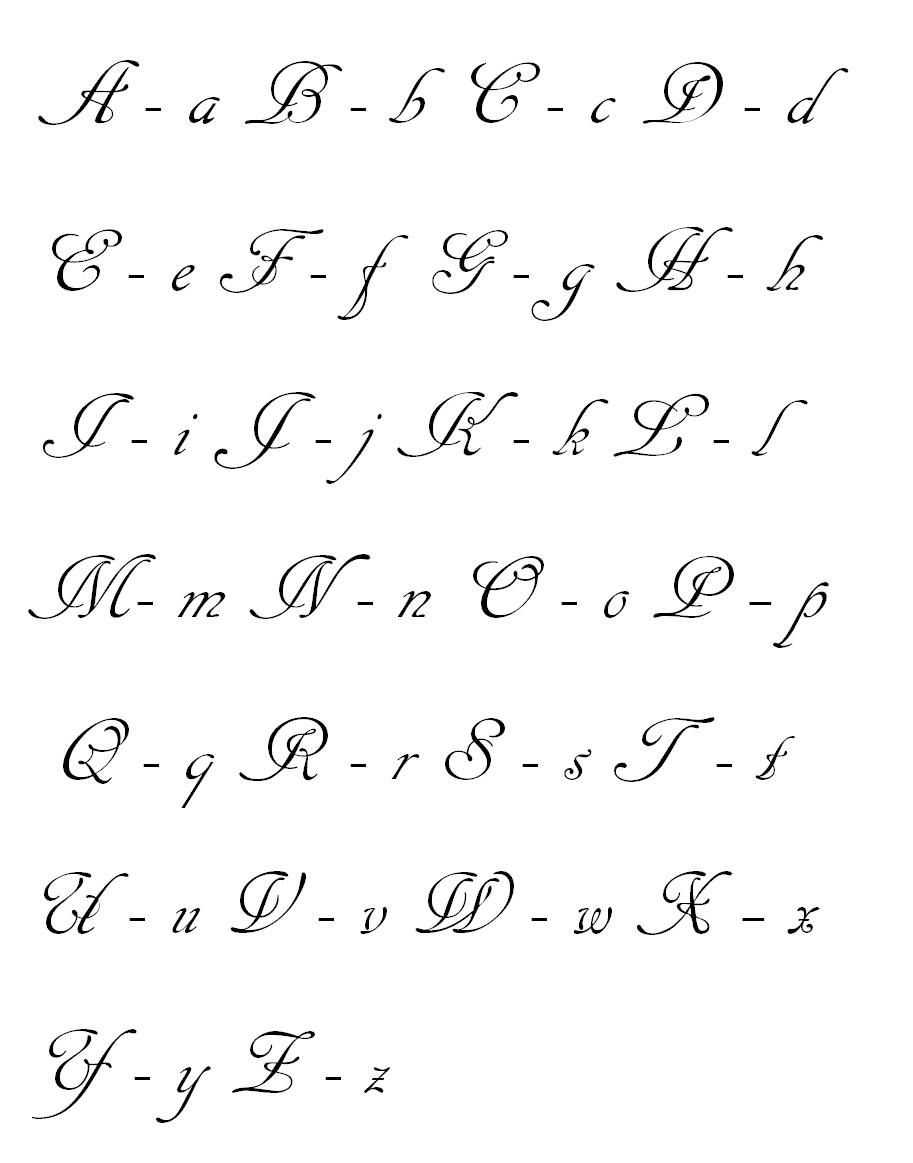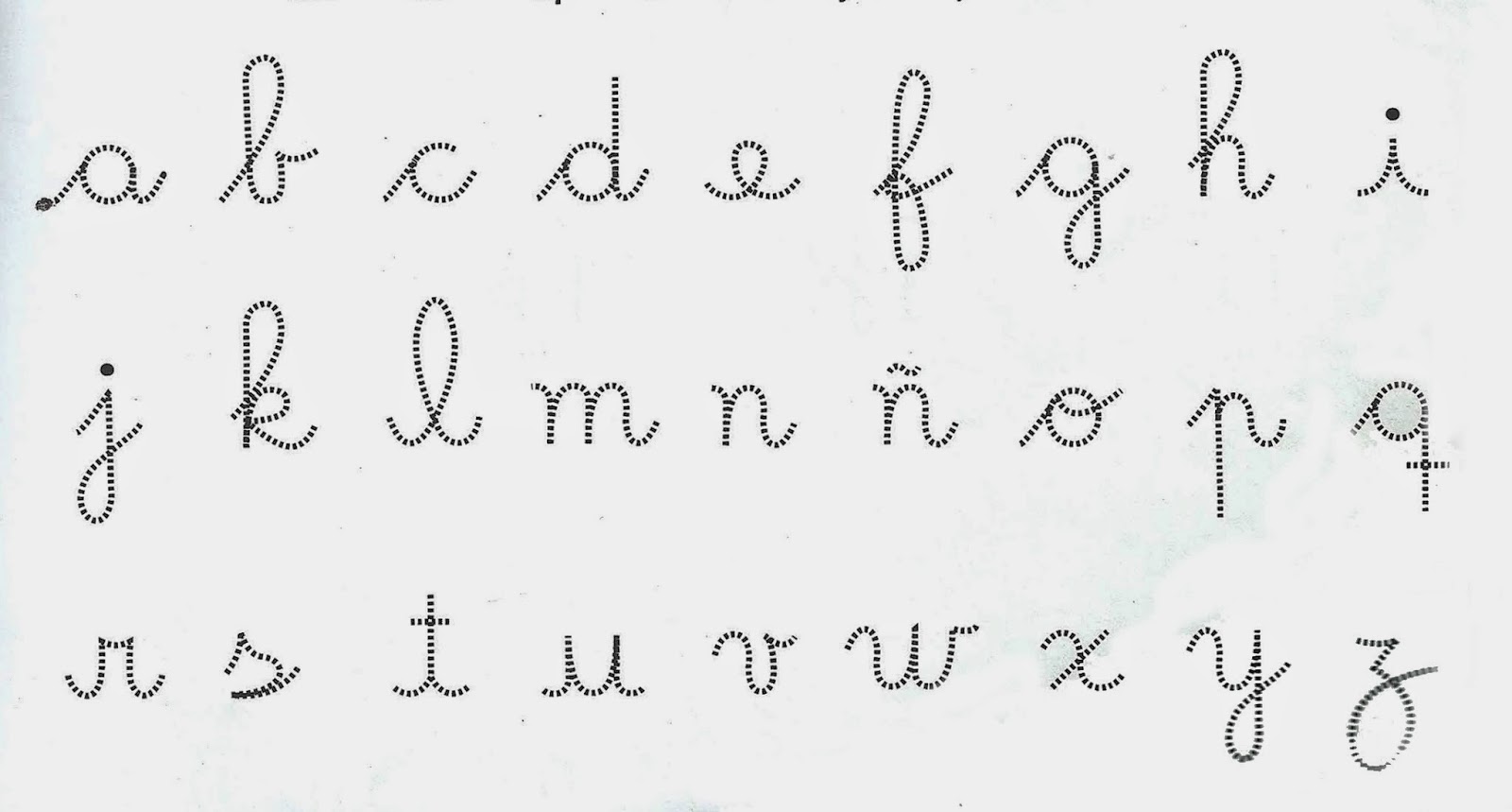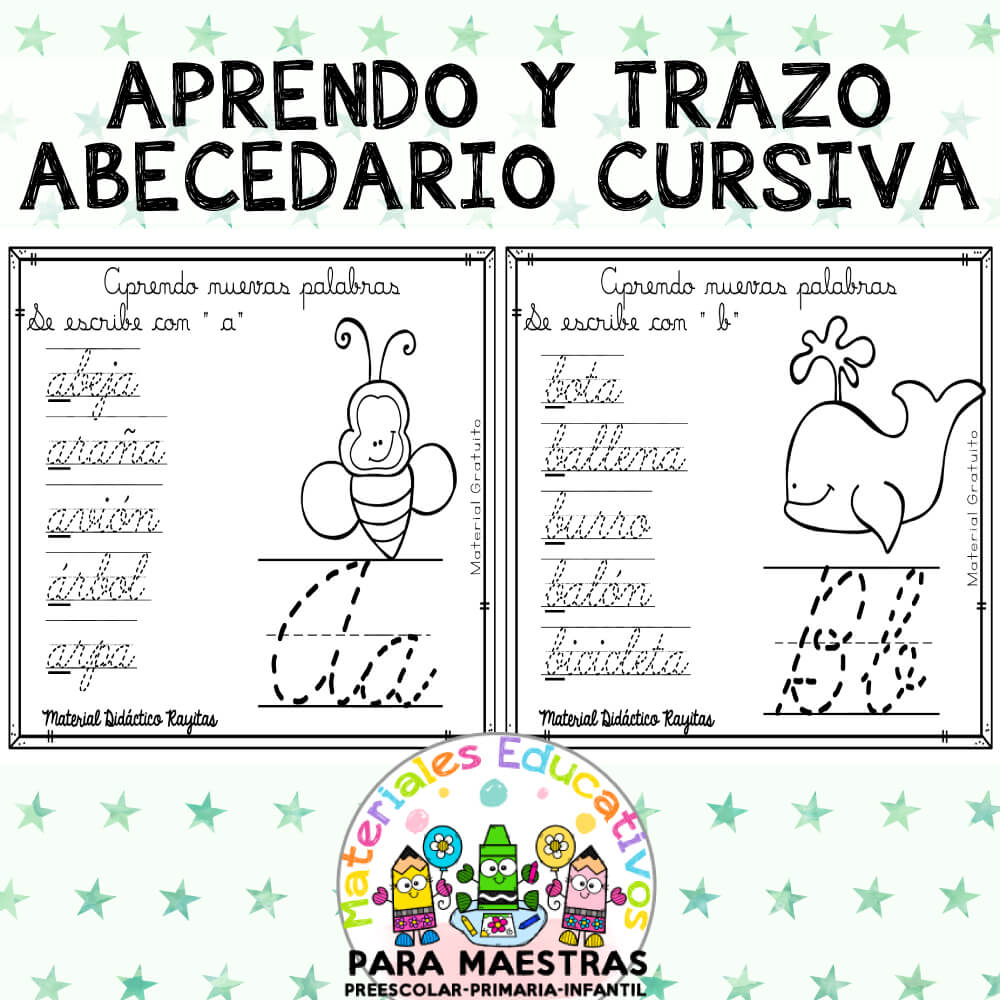Have you ever considered the power a simple stylistic choice like italics can have on your writing? While often overlooked, italics play a crucial role in conveying meaning and adding nuance to our words. Just like a speaker might raise their voice for emphasis, writers use italics to highlight specific words or phrases, drawing the reader's attention to key elements of their message.
Italics, often referred to as "cursive" or "script" in some languages, involve slanting letters to the right. This subtle visual cue signals to the reader that the italicized text holds a distinct significance compared to the surrounding text. This distinction might indicate emphasis, contrast, or even a shift in tone or voice.
Understanding the appropriate use of italics is crucial for any writer aiming to communicate effectively. Overusing italics can dilute their impact and make your text appear cluttered and unprofessional. On the other hand, using them sparingly and strategically can elevate your writing, making it clearer, more engaging, and ultimately more persuasive.
While seemingly simple, the history of italics is intertwined with the evolution of writing and printing itself. Early forms of italics emerged in the 15th century, gaining popularity as a faster and more efficient way to write compared to traditional scripts. Over time, italics transitioned from a writing style to a typographical tool used for specific purposes.
Today, italics continue to play a vital role in various writing contexts, from academic papers and novels to emails and social media posts. Whether used to emphasize a crucial point, highlight a foreign word, or simply add a touch of stylistic flair, italics empower writers to communicate their ideas with greater precision and impact.
Advantages and Disadvantages of Using Italics
| Advantages | Disadvantages |
|---|---|
|
|
Best Practices for Using Italics
To leverage the power of italics effectively, consider these best practices:
- Emphasis: Use italics sparingly to emphasize crucial words or phrases. Overuse can diminish their impact.
- Titles: Italicize titles of longer works like books, movies, and albums. Shorter works like article titles are typically enclosed in quotation marks.
- Foreign Words: Italicize foreign words or phrases not yet absorbed into common English usage.
- Internal Dialogue: In fiction, italics can effectively represent a character's inner thoughts or internal monologue.
- Consistency is Key: Be consistent with your use of italics throughout your writing to avoid confusion.
By understanding the nuances of using italics effectively, you can elevate your writing from simple to sophisticated, ensuring your message is delivered with clarity, emphasis, and style.
la letra y en cursiva - The Brass Coq
Lettering Styles Alphabet, Hand Lettering Alphabet, Fonts Alphabet - The Brass Coq
la letra y en cursiva - The Brass Coq
la letra y en cursiva - The Brass Coq
la letra y en cursiva - The Brass Coq
la letra y en cursiva - The Brass Coq
Épinglé par Angela Victoria sur Bolsas artesanais - The Brass Coq
la letra y en cursiva - The Brass Coq
la letra y en cursiva - The Brass Coq
la letra y en cursiva - The Brass Coq
la letra y en cursiva - The Brass Coq
la letra y en cursiva - The Brass Coq
la letra y en cursiva - The Brass Coq
Textos Com Letras Cursivas - The Brass Coq
la letra y en cursiva - The Brass Coq














